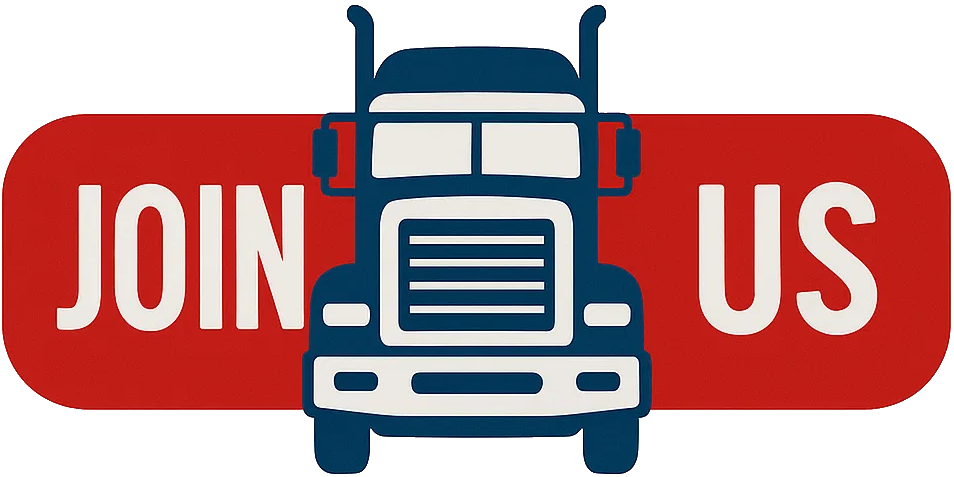Fed up with brokers? I know I am, and that’s exactly why I started Carriers United—to bring together those of us who’ve had enough and are ready to take our industry back. This is the movement created to takedown broker dominance. If you’re tired of being undercut and ripped off, stand with us?

